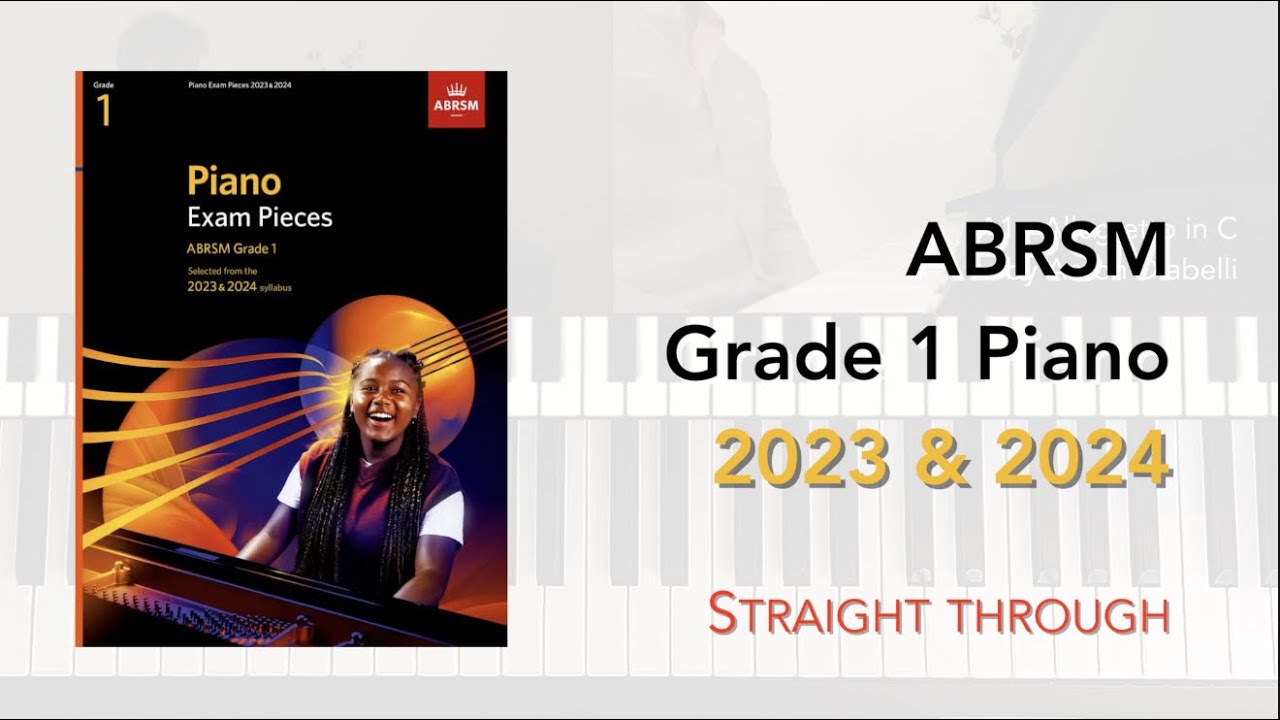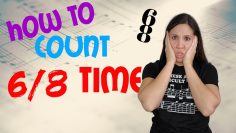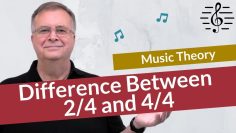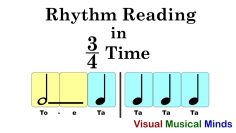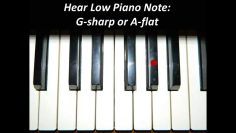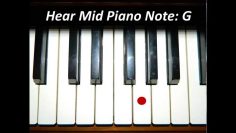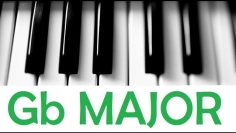Grade 1 Music Theory Test
▶️ Don't miss this Song of the Day ◀️
Grade 1 Music Theory Test
In Grade One Music Theory (Trinity and ABRSM), you’ll need to understand the meanings of several Italian musical terms.
You might wonder why Italian is so dominant in music terminology. While it’s true that Italian terms are the standard, composers have also used other languages, particularly German and French. The prominence of Italian stems from its role during the Renaissance (starting around 1350) and the flourishing of classical music in Italy a few centuries later. Italian became synonymous with musical excellence, and its terms were widely adopted and understood by musicians worldwide. Today, Italian is regarded as the universal language of music.
From Grade 4 onwards in ABRSM theory exams, your knowledge will expand to include musical terms in French and German as well!
Here is the complete list of Italian terms for ABRSM Grade One Music Theory.
Terms required by Trinity are marked with a star (*).
Tips for Learning:
- Group related terms: Learning similar terms together makes them easier to remember.
- Learn a few at a time: Focus on mastering a small set each day.
- Emphasize the strongest syllable: This helps with pronunciation and retention (highlighted in italics).


Here’s a simple exercise for Grade 1 Musical Terms to practice their meanings.
| Italian Term | English Meaning |
|---|---|
| Allegro | [Fast, lively] |
| Andante | [Walking pace] |
| Adagio | [Slowly] |
| Crescendo | [Gradually getting louder] |
| Diminuendo | [Gradually getting quieter] |
| Forte (f) | [Loud] |
| Piano (p) | [Soft] |
| Legato | [Smoothly] |
| Staccato | [Detached, short] |



